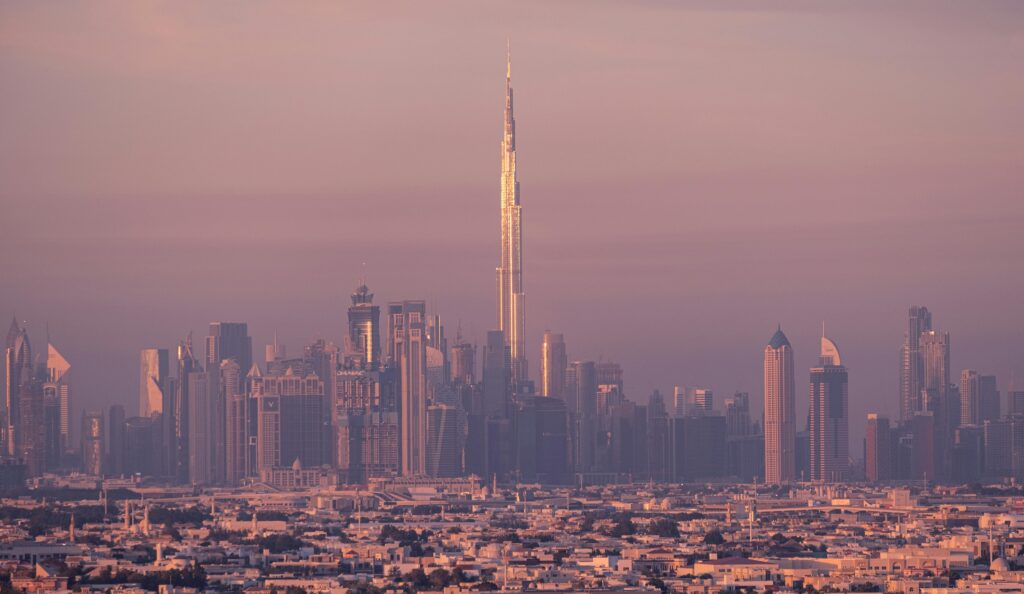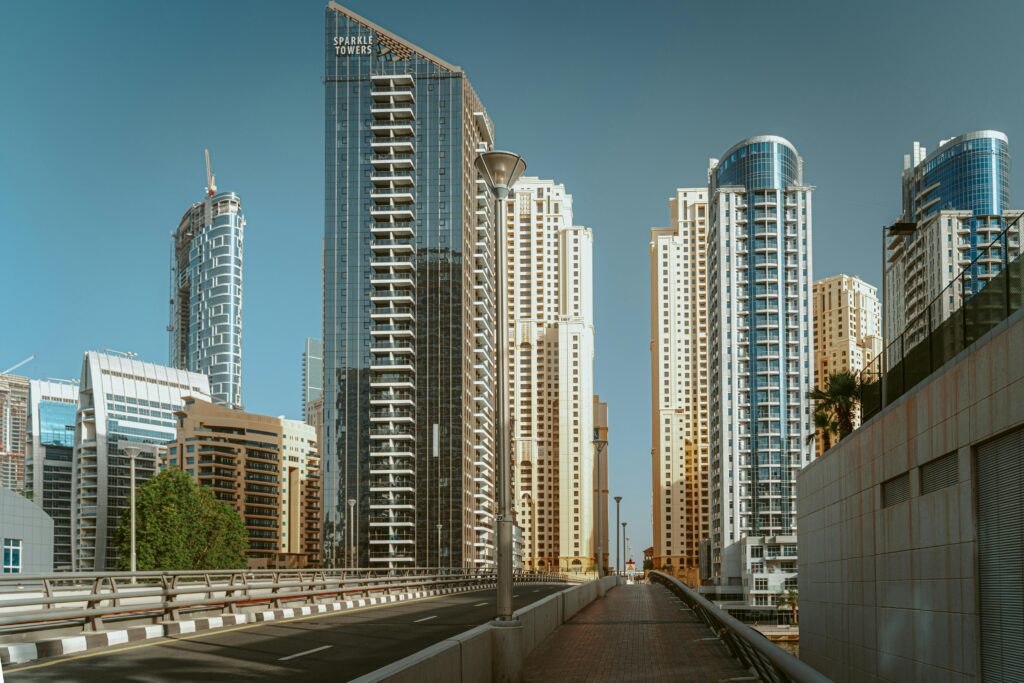2. Lifestyle and Stability Considerations
- Renting: Renting offers lifestyle flexibility, which can be ideal for professionals on shorter work contracts or those planning to relocate in the near future. It allows tenants to live in prime areas without the high financial commitment, with the option to upgrade or move based on lifestyle changes.
- Buying: Property ownership can provide a sense of stability and permanence, especially for families and long-term residents. Homeowners have the freedom to customize their property to suit their style and needs, which isn’t typically allowed in rental properties.





